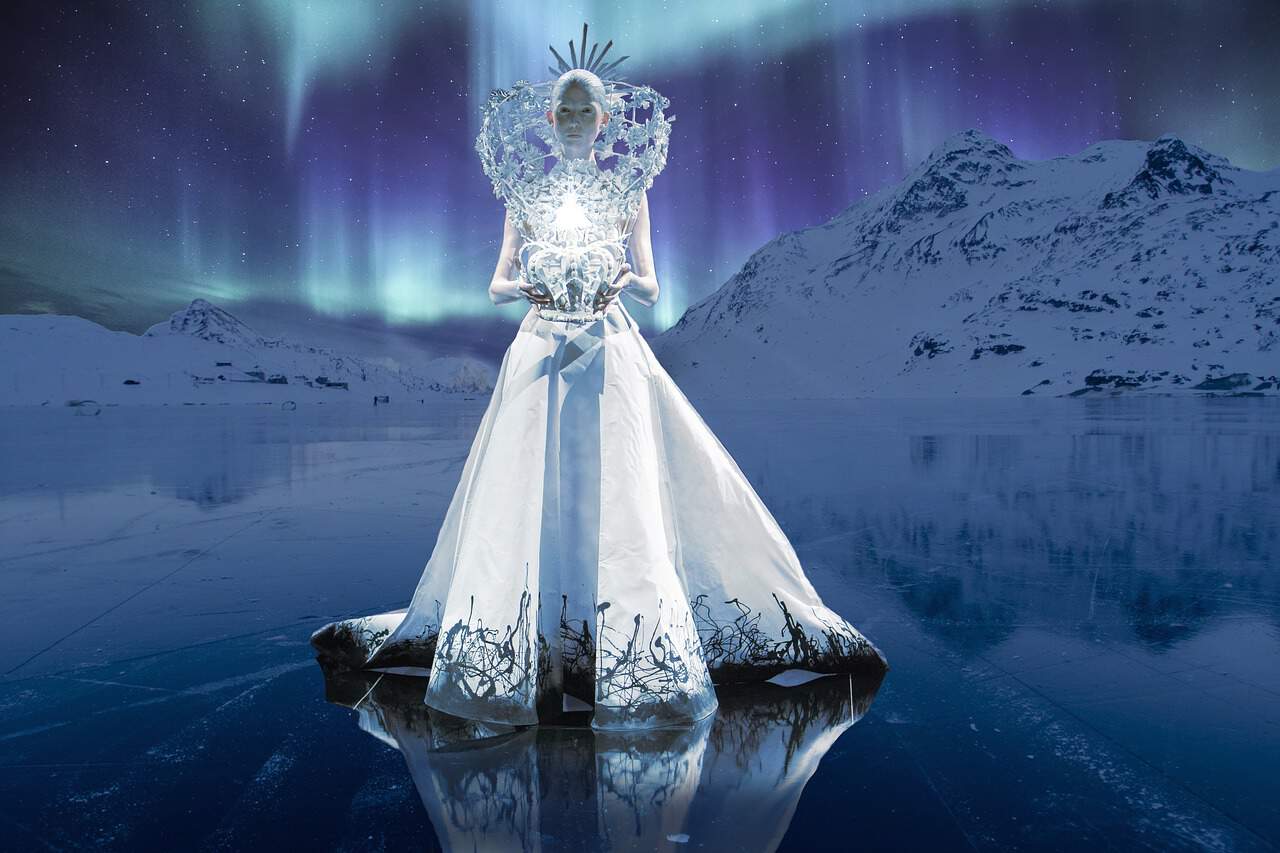It’s hard to write that first hook. You want to grab your reader, drag them right into your story…but how?
I struggled to do this so I just started pulling books off the shelf. Some of these opening paragraphs (or even just the first sentence) really nail that hook.

Anchor Your Reader
Consider this one:
“I’d been waiting for the vampire for years when he walked into the bar.” [Dead Until Dark, Charlaine Harris.]
One line and you already are totally curious. Why is this person waiting for a vampire…and wait, there are vampires? As a reader, you know this world has vampires, and that the narrator is unusual. You keep reading.
As you read on, you learn that the narrator is Sookie Stackhouse (what a name!) and she is a clairvoyant waitress at a diner in a tiny town in Louisiana.
Charlaine Harris is just a genius at contrasting the normal with the fantastic in this setting. [If you’ve only seen the HBO series True Blood, the novels are completely different and truly excellent. It’s Southern fried humor crossed with goth horror. Not an easy genre to carry off but Harris carries it off well. Start with Dead Until Dark (Sookie Stackhouse/True Blood, Book 1)]
“I always get the shakes before a drop. I’ve had the injections, of course, and hypnotic preparation, and it stands to reason that I can’t really be afraid.” [Starship Troopers, Robert Heinlein.]
Who is talking? Probably a soldier. As a reader, we get an intimate view of what is going on in the narrator’s head. Heinlein uses these first two lines to signal emotion and futurism with his canny use of the words “injection” and “hypnotic”. As you read on, you are led into the mind of Johnny Rico, and Heinlein describes the normal and timeless feelings of the protagonist placed in this incredible futuristic warfare setting.
“The body lay naked and facedown, a deathly gray, spatters of blood staining the snow around it. It was minus fifteen degrees Celsius and the storm had passed just hours before.” [Ancillary Justice (Imperial Radch)
, Ann Leckie]
If you’re like me, you’re probably thinking–wait, is this a dead body? So right away, you have questions and you know a couple of things. You sense the narrator is not walking away from this frozen body. The curious thing about this opening is that despite the radically futuristic elements of Ancillary Justice, this opening scene is in a painfully mundane setting. The body is next to a tavern, one that you could imagine being set in a New England town, or London (if London ever got that cold) but instead is on some far away planet.
The takeaway? The great masters use a familiar feeling or setting to get the reader to relate to the protagonist. Then, in the case of Sookie and Johnny, the authors give a few zinger words to also foreshadow a juicy promise to the reader that they will be reading something fantastically wild and different. It’s the pairing of these two elements, the familiar and the bizarre that create the hook.
Fan of the classics? Then you will no doubt appreciate these:
“It was the best of times, it was the worst of times, it was the age of wisdom, it was the age of foolishness, it was the epoch of belief, it was the epoch of incredulity, it was the season of Light, it was the season of Darkness, it was the spring of hope, it was the winter of despair, we had everything before us, we had nothing before us, we were all going direct to Heaven, we were all going direct the other way. . . “
Yes, that is how Charles Dickens opened his Tale of Two Cities. This is a grand and ambitious opening, told in a rhythmic cadence that is immediately catchy. It’s his promise to the reader that this story is going to be one of high drama and stark contrasts. This first line is so well known that many who have never read the novel have nonetheless heard the first part, “It was the best of times, it was the worst of times…”
And perhaps one of the funniest:
“It is a truth universally acknowledged, that a single man in possession of a good fortune must be in want of a wife.” [Pride and Prejudice, Jane Austen.]
Then the story leads right into a mom’s desperate machinations to save her family from homelessness. Reading that sentence now, I see that Austen made a promise to her reader in the first sentence that this story was going to be about a rich guy getting a wife. Giving her romance readers exactly what they are looking for right out of the gate.
Stuck on your opening line? Brainstorm unusual words that stick out from your opening scene. Note where the action is happening. Werewolves in London? Example, we set The Needle in Antarctica and the Arctic Circle. A brainstorm list for setting words to anchor the reader might look like:
- iceberg
- fjord
- Northern Lights
- Aurora Borealis
- frost
What is our story about? It’s an alien invasion, first contact story.
- alien
- ship
- plasma cannons
- tentacles
- flame throwers
You get the picture. One set of words is about where things are happening and the other set of words is about something foreign to the setting. That’s the quick way to get the attention of the reader because of the unusual pairing.
The other way is to do as Dickens and Austen did (but I think it’s harder) which is start with a universal truth or something close to it. Give it shot. As bestselling author H.M. Ward noted, your sample chapter has to be really good for the reader to buy. So use those first few seconds of eyeball time to your best advantage.



Julia, you are so right.
Whenever you write, you’ve got to grab the reader immediately. In this age of media at your fingertips, you’ve got about 16 milliseconds to do it. With these tips, anyone can stand out in a crowded world!